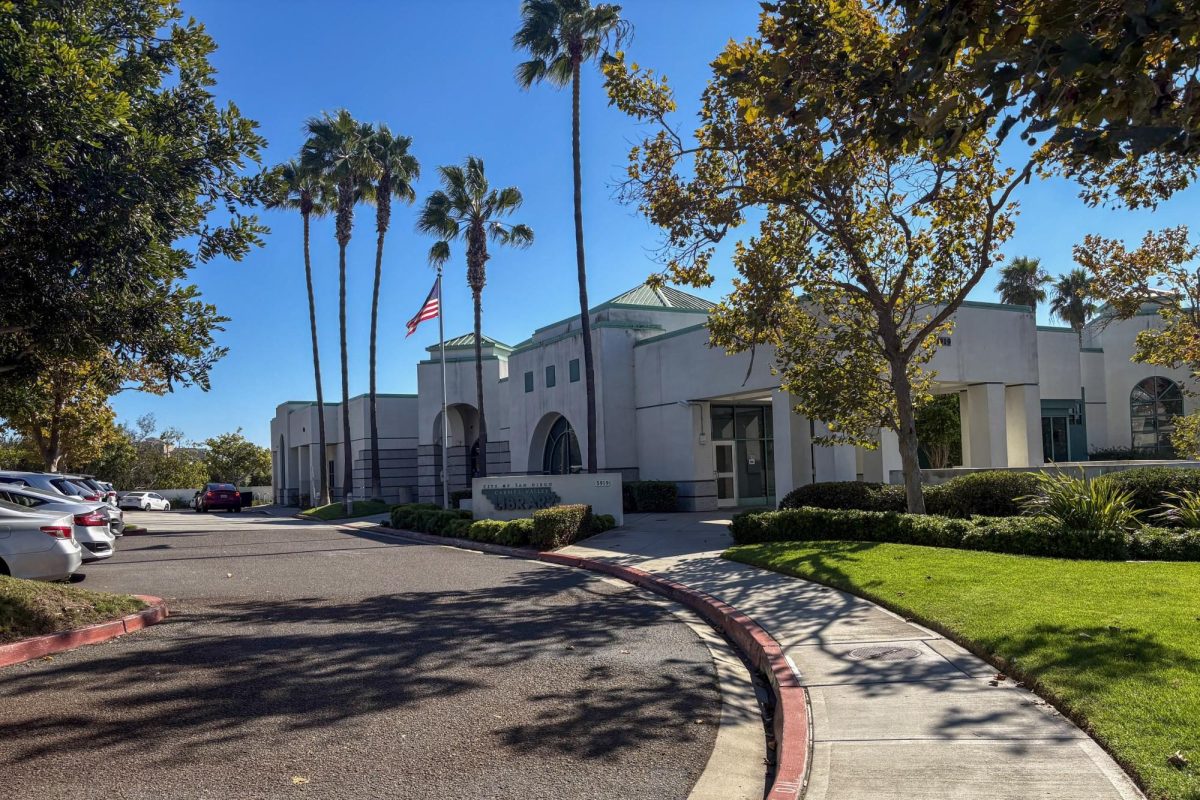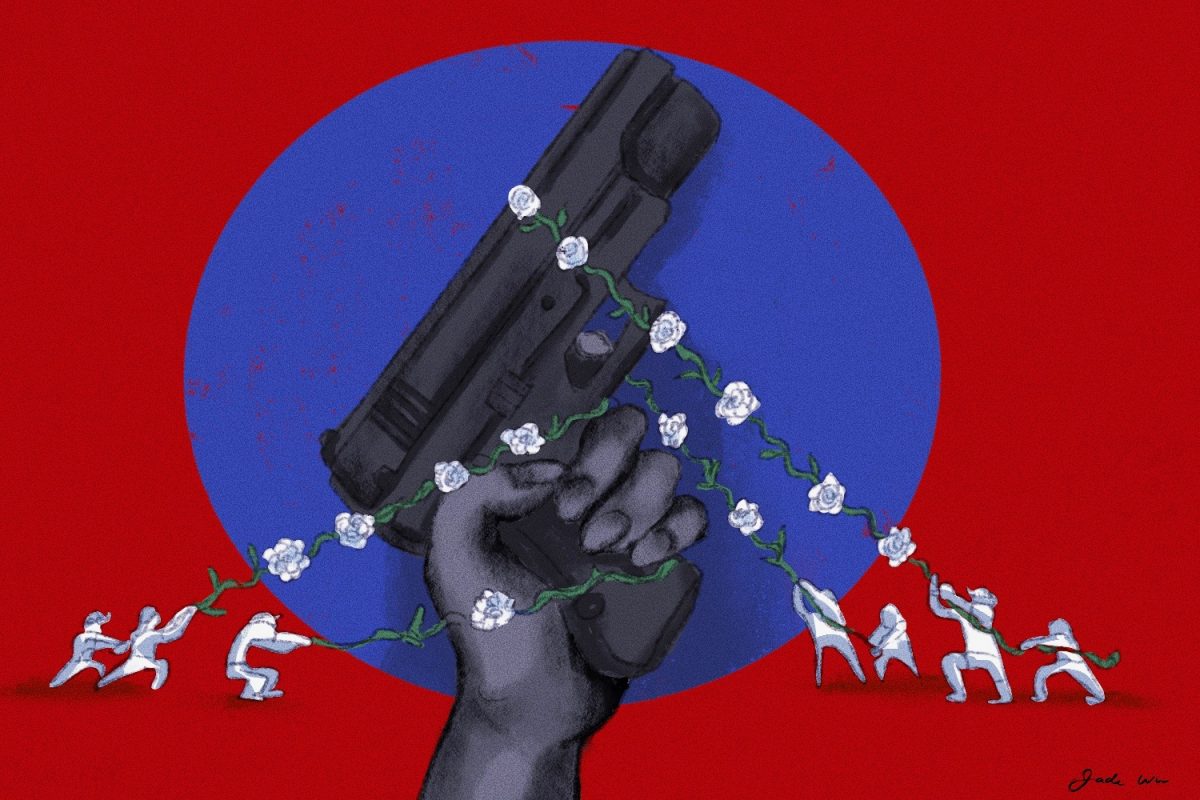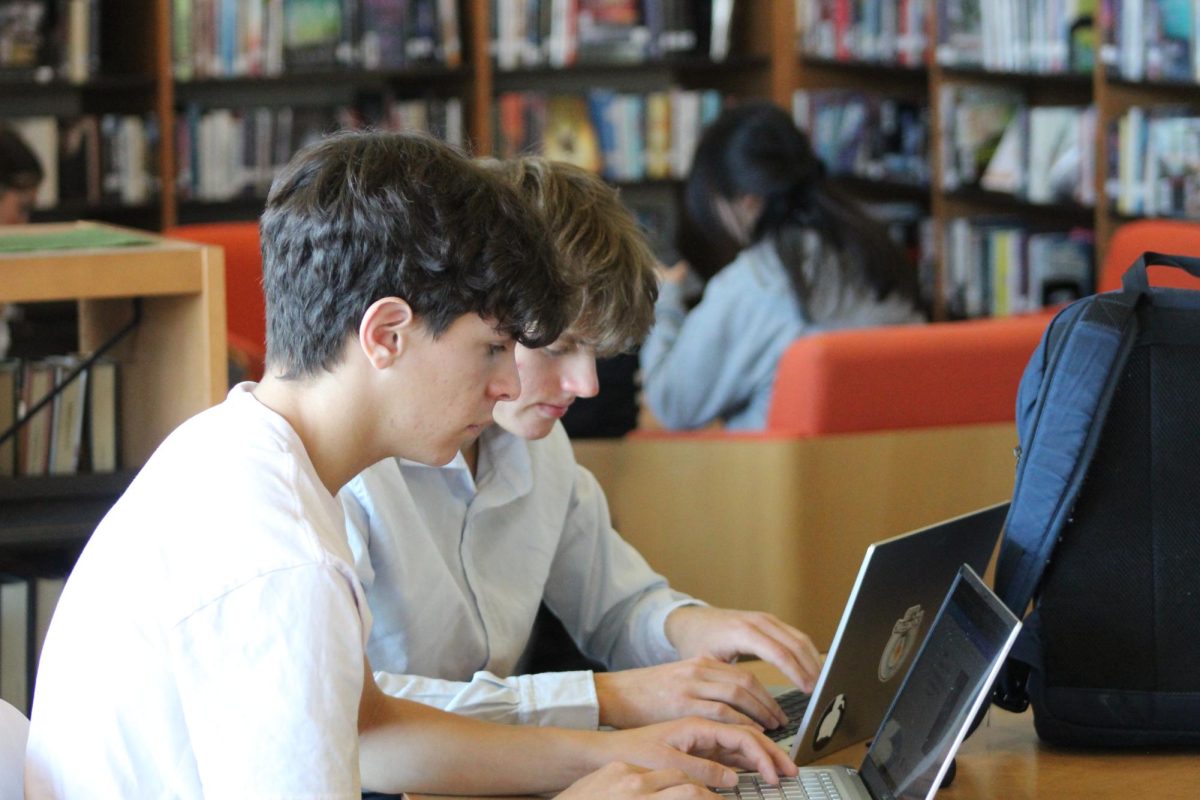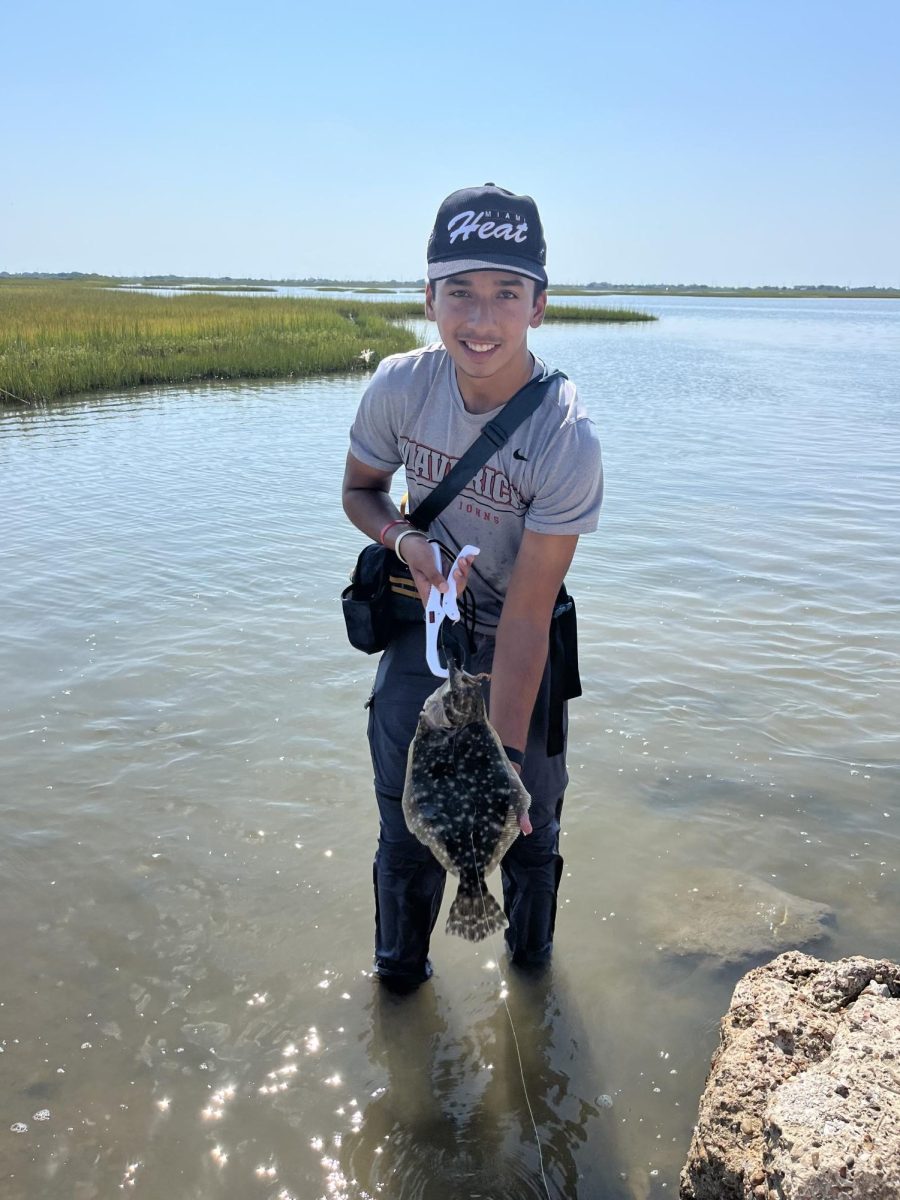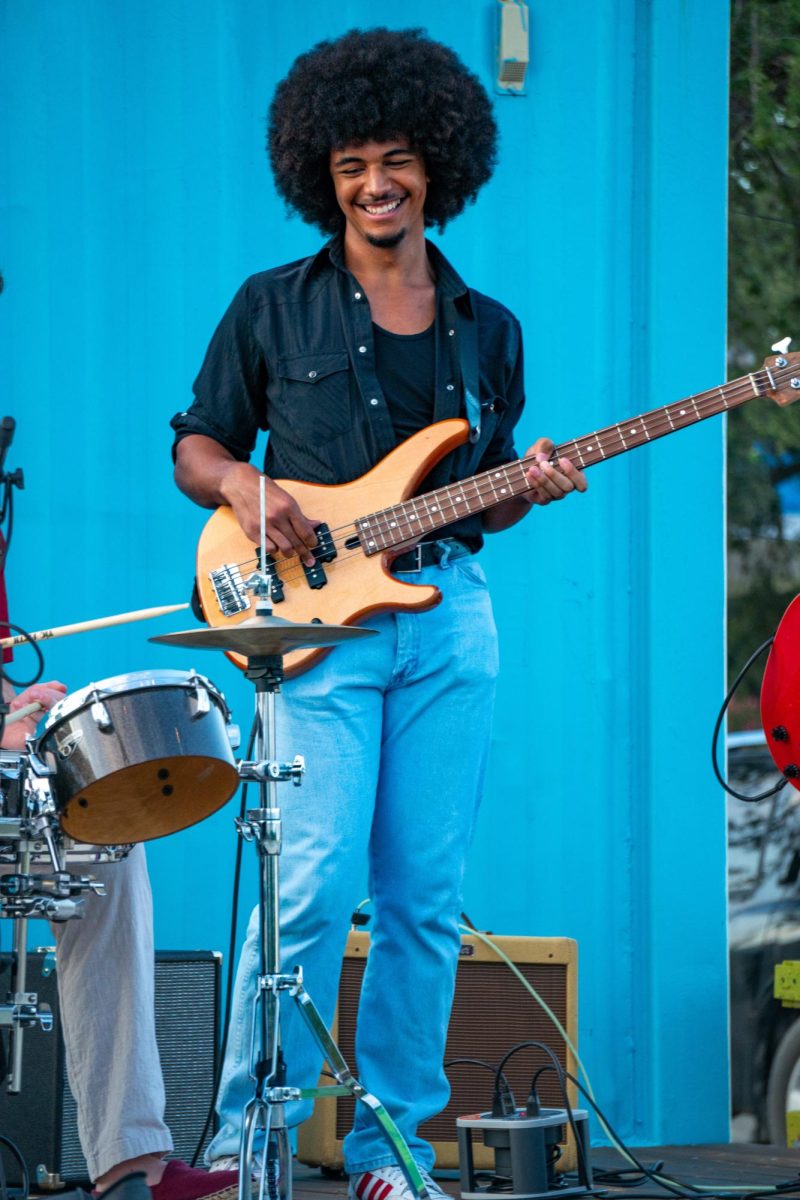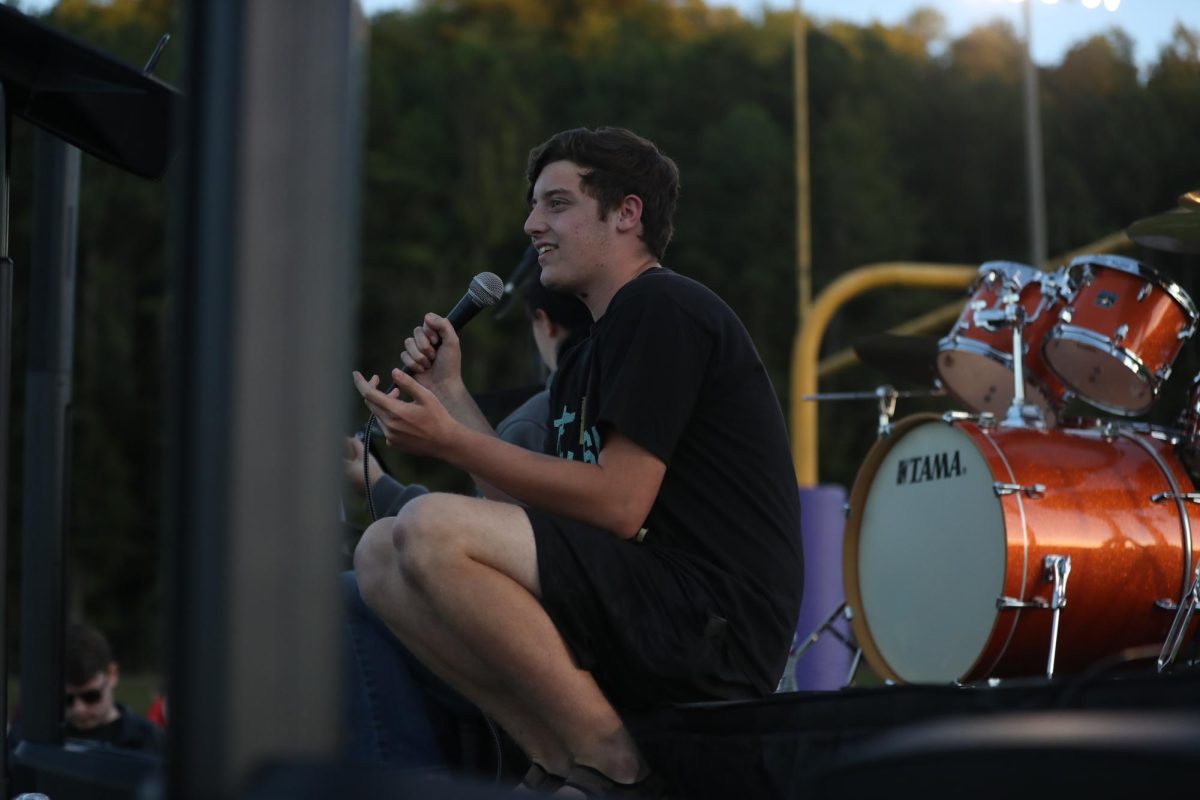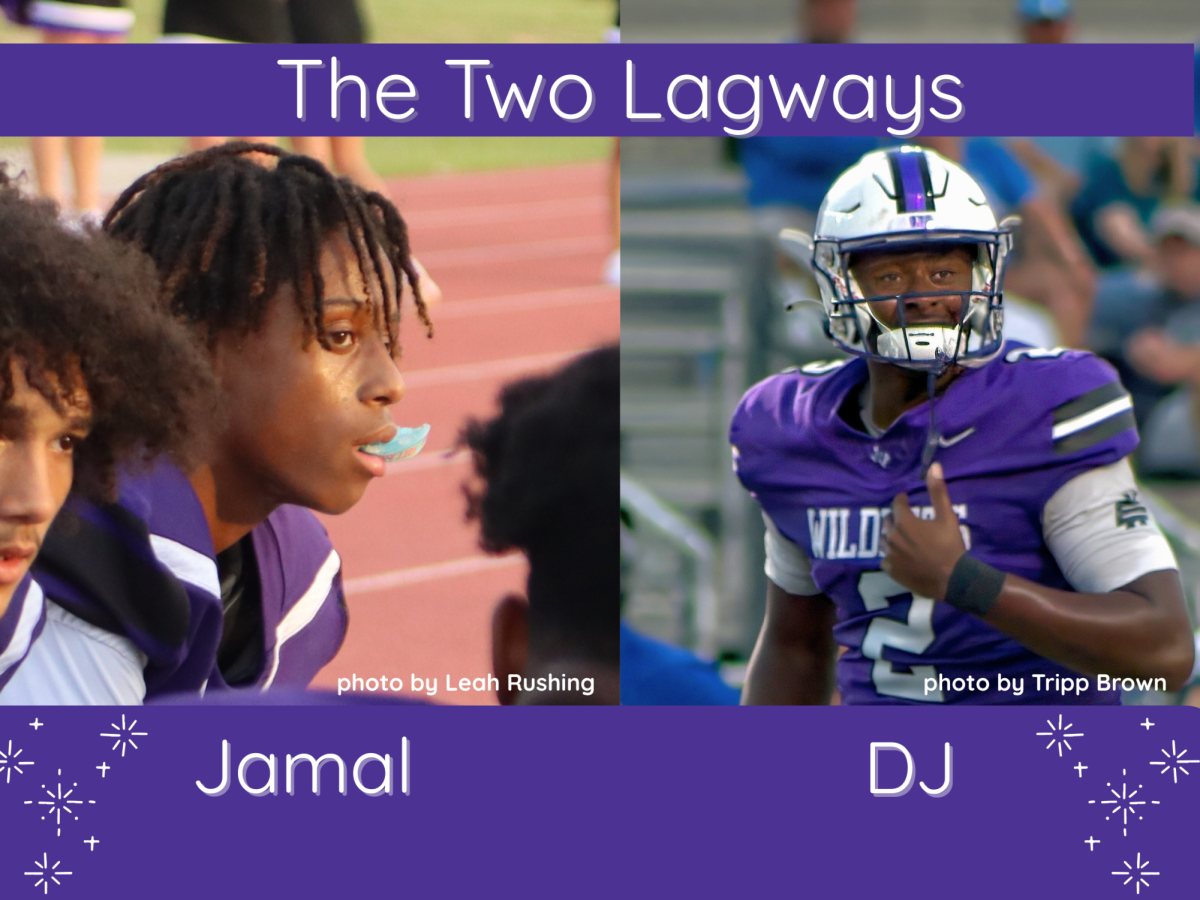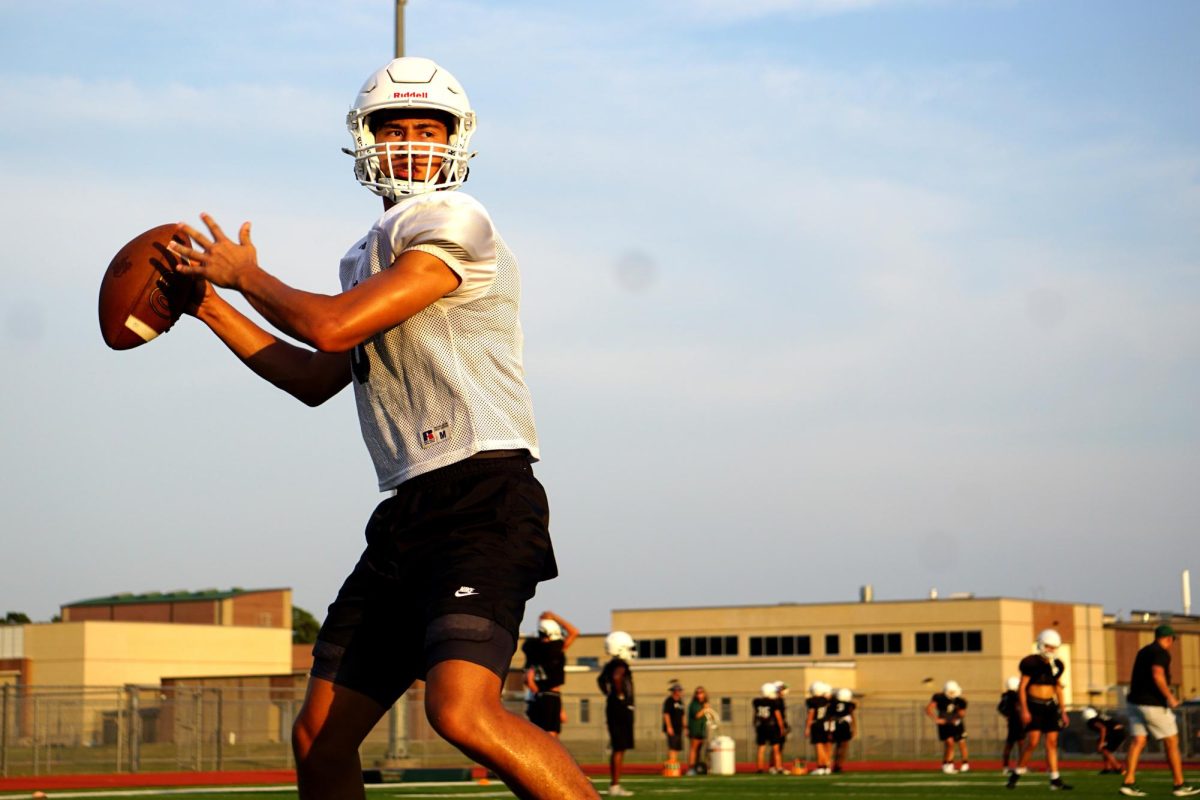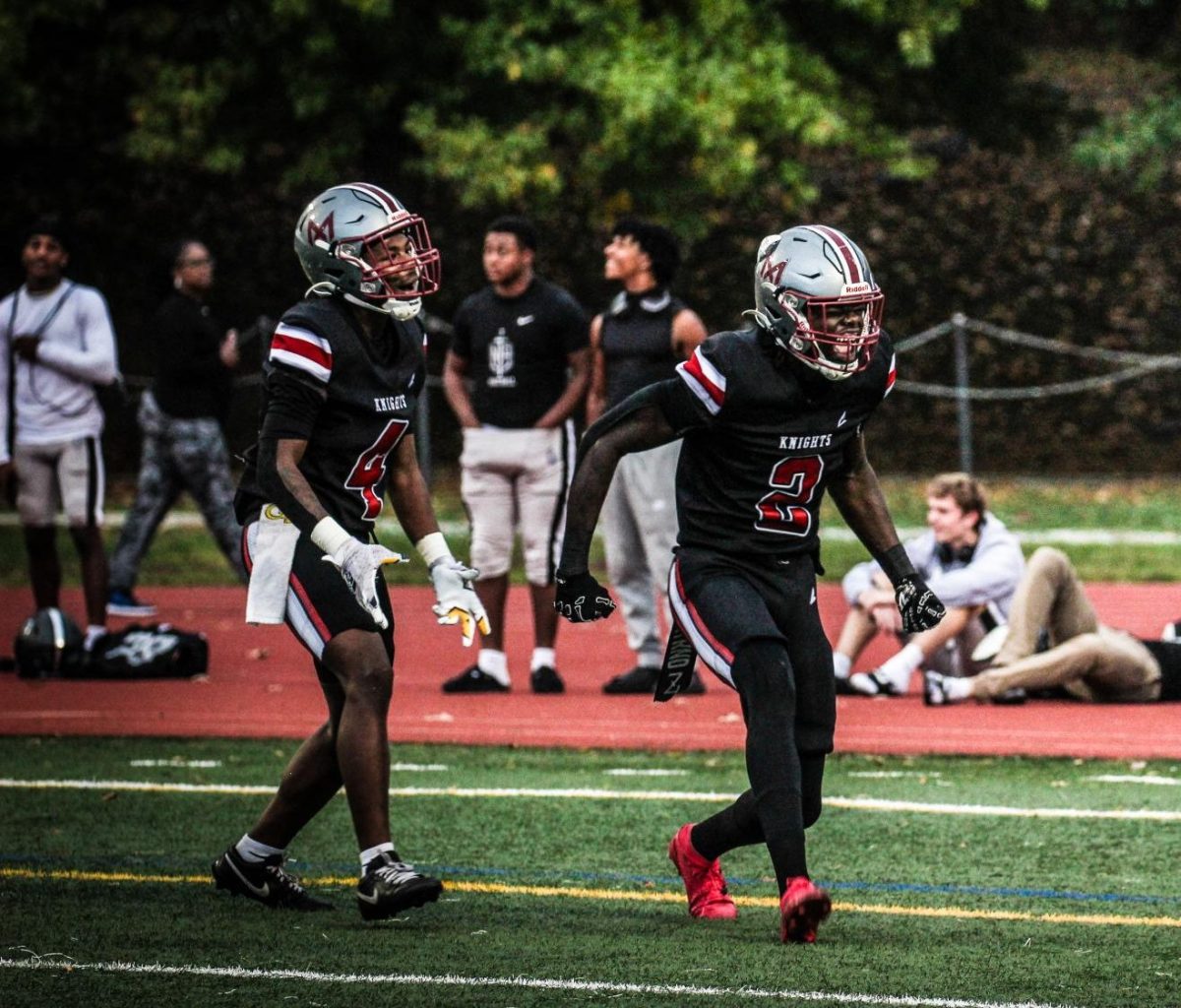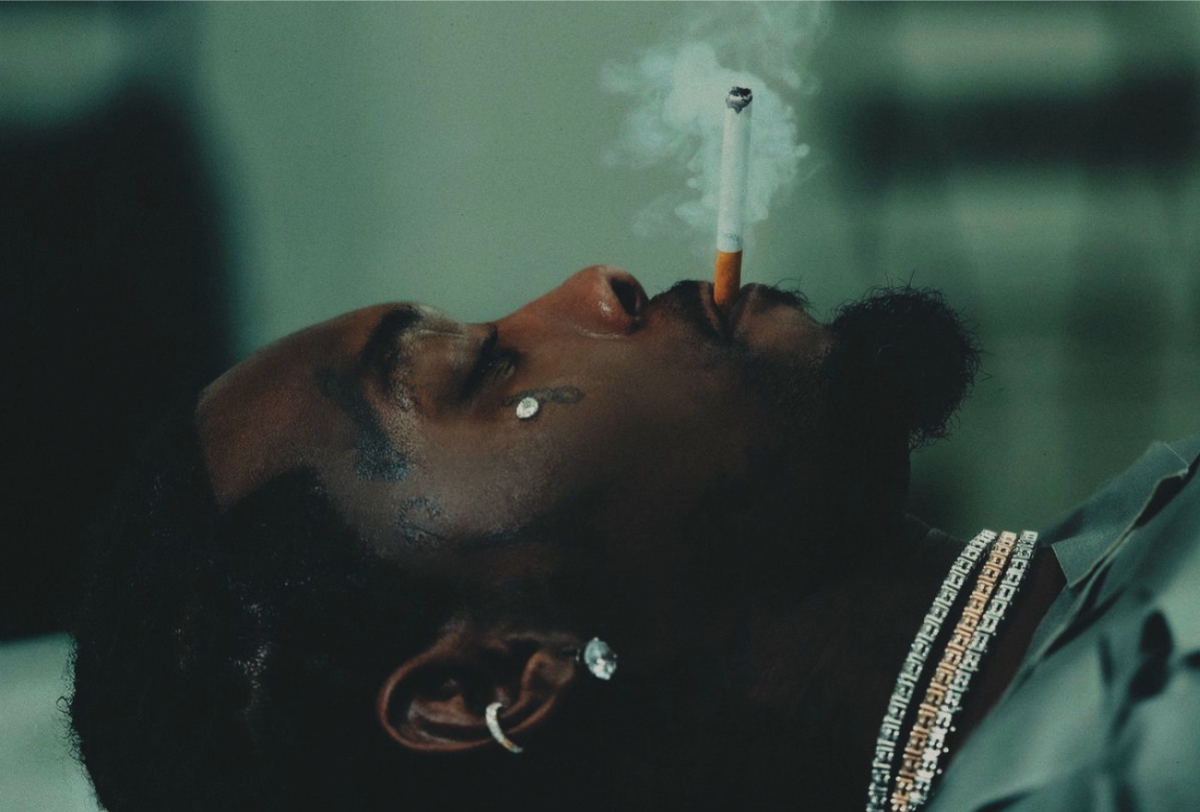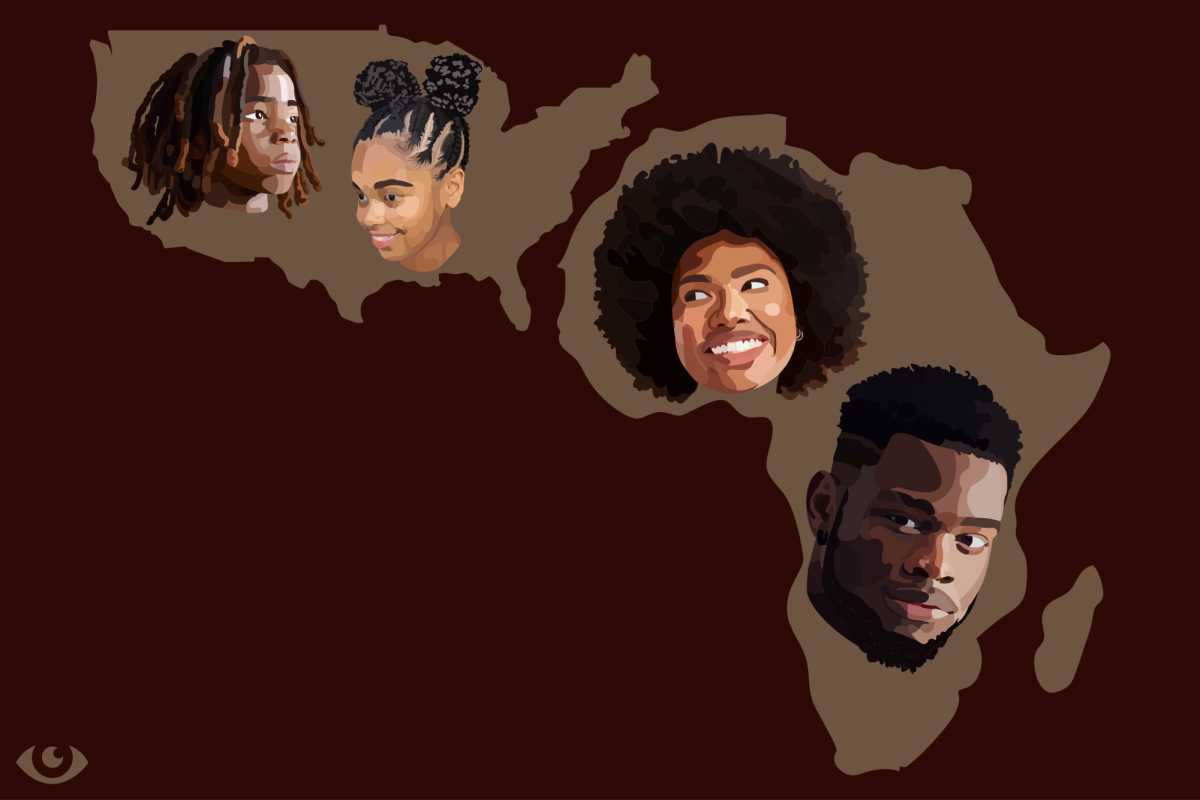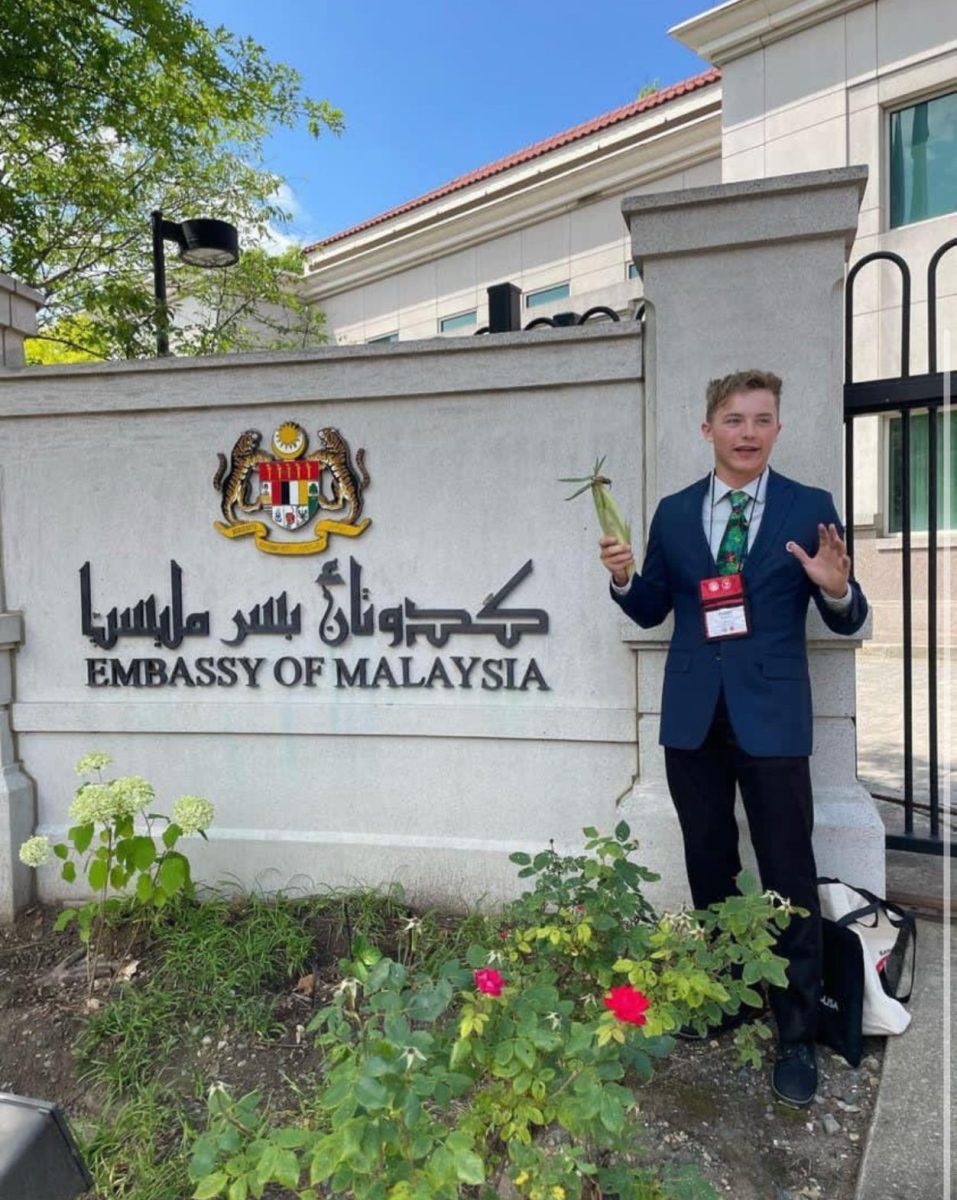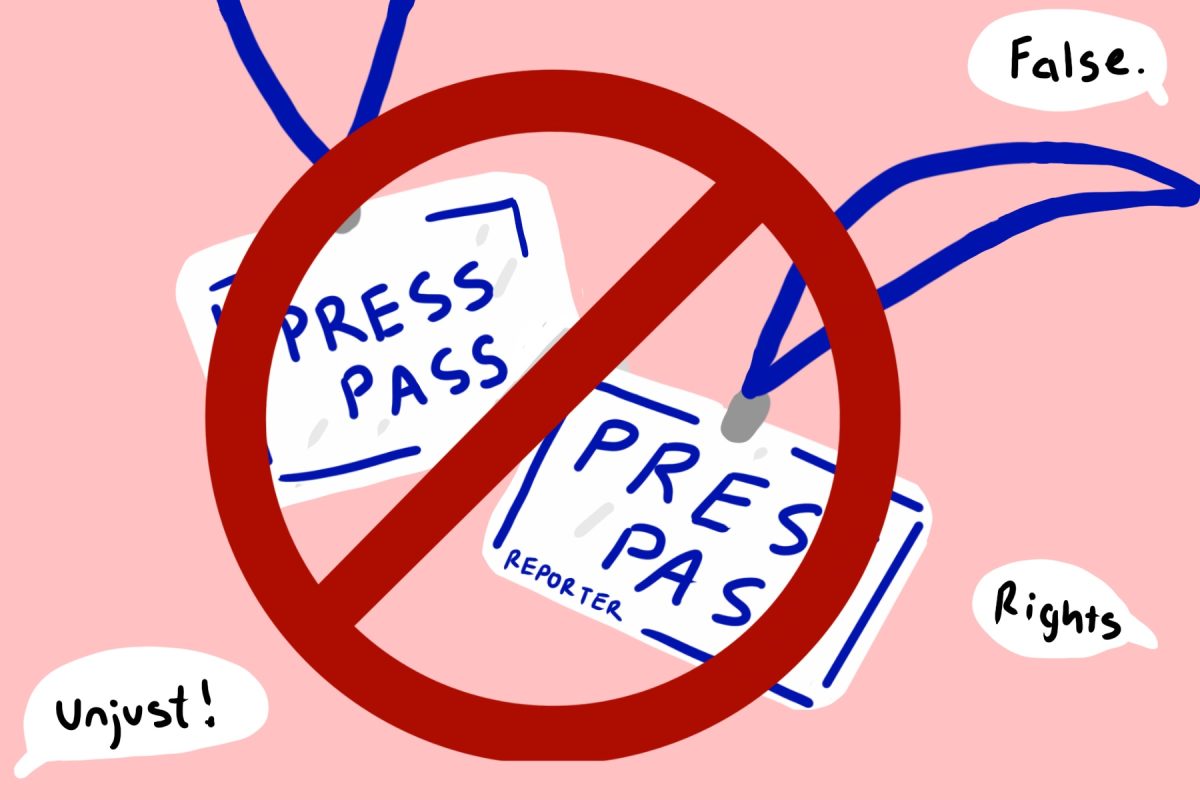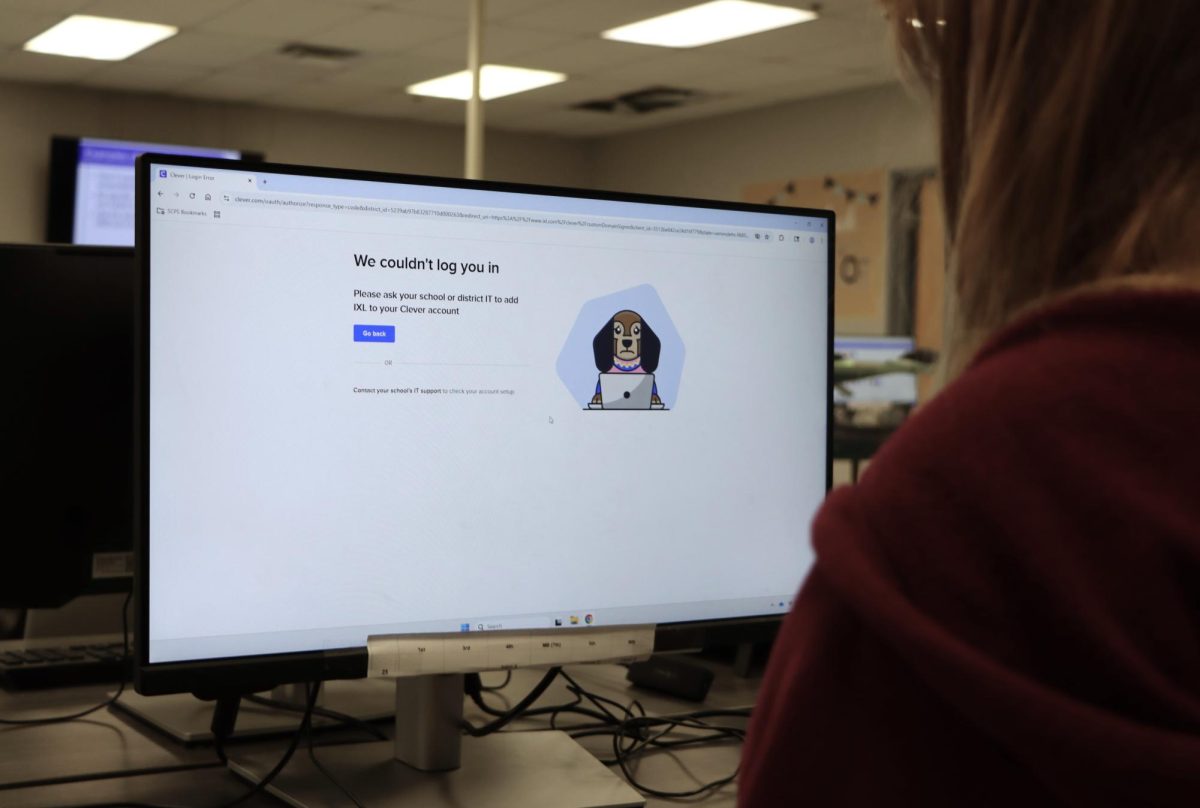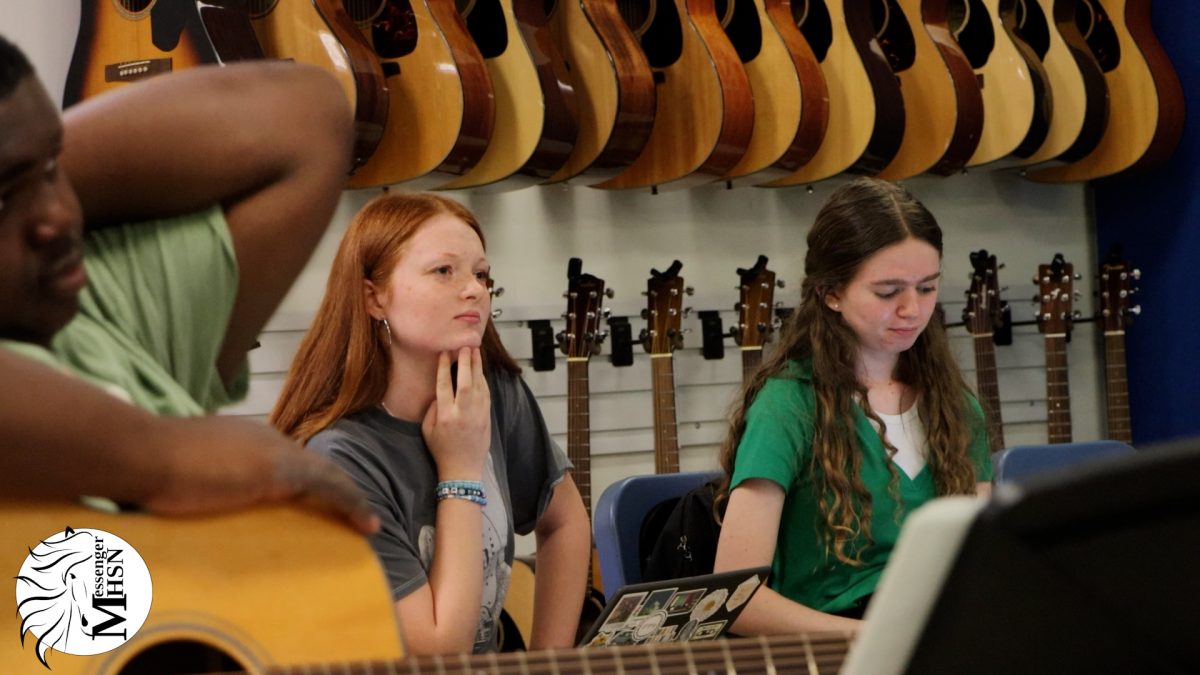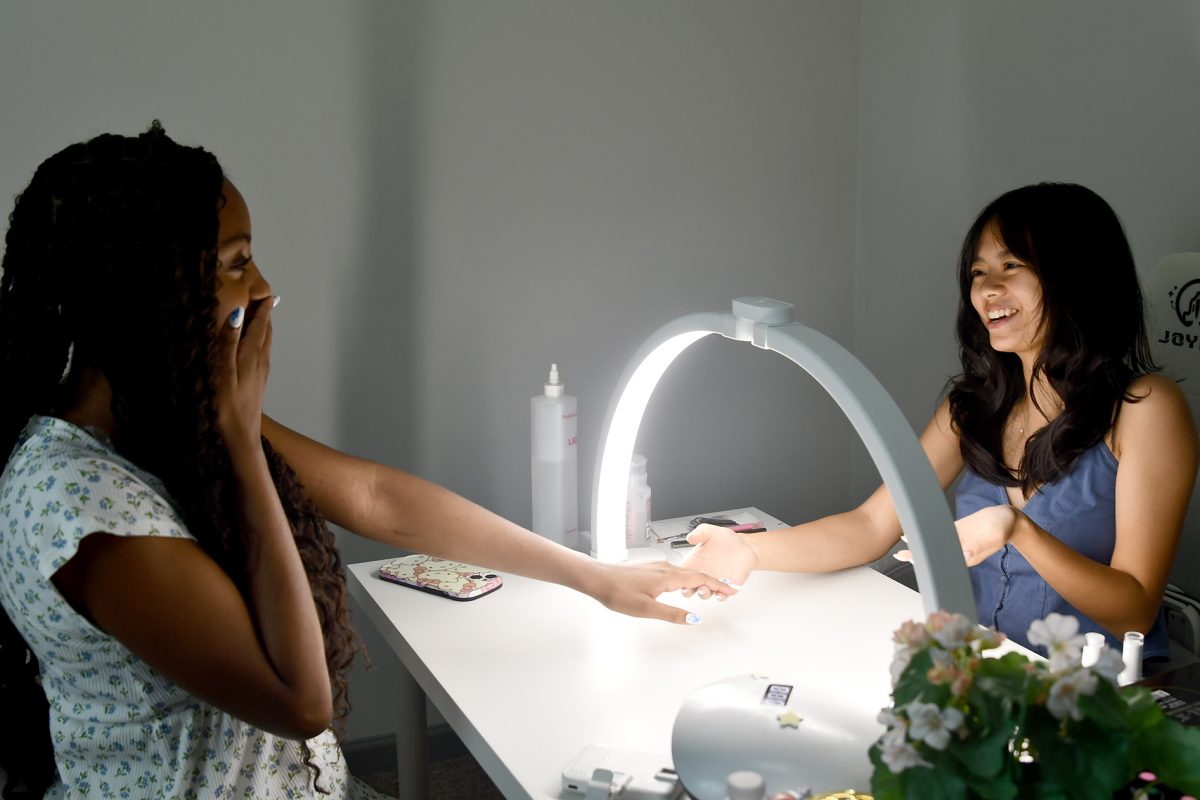After six months of careful planning, student organizers from The Bishop’s School, Pacific Ridge School, La Jolla Country Day School, and Francis Parker School were gearing up for their fifth annual Regional Student Diversity Summit (RSDS) on Jan. 18, 2025 at Pacific Ridge. Speakers were lined up, workshops were planned, and registration had been open for a month. On Jan. 14, organizers wrote, “only four days left…we hope to see you there!” in a post on the RSDS Instagram page.
Three days later, the conference was abruptly canceled.
On Jan. 17, the four Heads of School released a joint statement on the RSDS Instagram page and the RSDS website announcing that, after “consultation” with their Diversity, Equity, and Inclusion (DEI) directors, the conference had been cancelled due to “a complex set of external concerns.”
Since then, no further explanation has been publicly provided to the Bishop’s community.
In a comment to The Tower on May 7, Bishop’s Head of School Mr. Ron Kim said that, “the students and their advisors had goals for this summit, and when we became concerned about our ability to achieve those goals, the wisest course was not to hold this event. I was disappointed, knowing how much time the students and their advisors had put in, and how meaningful this event has been for students who have attended over the years.”
The Tower contacted the DEI directors at the other respective schools for comment, though none immediately responded.
RSDS is an all-day, student-led conference featuring a keynote speaker, affinity spaces, and workshops on topics ranging from Critical Race Theory to women in religion. The conference’s mission, according to its website, is to promote “respectful dialogue, the relationship between current and systemic issues, and the potential youth have to catalyze change within their communities and beyond.”
This year, Bishop’s Director of DEIJ Ms. Valissa Thomas said the schools allocated a lot of resources to the conference.
Organizers and participants were surprised, confused, and upset with the sudden cancellation of the conference. “We were truly devastated to find out that RSDS was cancelled,” said Kelsey Lewis (‘26), a student planner from La Jolla Country Day.
At Pacific Ridge, there was “outrage,” according to Nikhil Patel (‘26), an RSDS student planner from the school. “No one knew why it was cancelled. Everyone was surprised and taken aback, even those who weren’t going to be at the event,” he said. “It was very scary because this had never happened before.”
When the conference’s cancellation was made public, many students at Pacific Ridge engaged in “verbal activism,” according to Nikhil. The cancellation coincided with President Donald Trump’s inauguration, creating a flurry of conversations in classes at Pacific Ridge. “Everyone was up in arms about [the cancellation],” Nikhil said.
At Francis Parker, Khyber Mcfarland (‘25) noticed that some people talked about the conference. But, by the end of the week, “people kind of forgot about it.”
At Bishop’s, the conference’s cancellation quietly slipped into yesterday’s news. Ms. Thomas said that she shared details about the cancellation with student planners who directly approached her with questions. Still, numerous student planners told The Tower that specifics regarding the cancellation remained unclear to them. With conflicting narratives and rumors circulating throughout the student body since January, no definitive answer has been agreed upon publicly.
A months long investigation by The Tower uncovered that the conference was canceled due to host of “security concerns,” as Ms. Thomas explained, including the scheduled keynote speaker’s alleged antisemitic views, a barrage of email complaints, and suspicious registrants. Student planners also mentioned low registration numbers and overall disorganization within the planning committee this year compared to past years as confounding factors. As well, the cancellation came amidst both a rise in antisemitism since October 7th and backlash against DEI in the U.S. following President Trump’s victory last November.
In addition to these concerns, Pacific Ridge’s open campus with understaffed security outside of school hours contributed to administrators’ and the DEI directors’ hesitations about student safety during the conference, according to Ms. Thomas.
Privately, these hesitations bubbled to the surface. In a planning meeting at Francis Parker two weeks before the conference, the DEI directors made an announcement to the student planners saying that they had received “a large number of targeted emails” and suspicious sign-ups, voicing overall security concerns, according to Ms. Thomas.
Although they were aware of the security concerns, Nikhil and other student planners still expected the conference to run. “[We] expected to resist the hateful commentary against us,” Nikhil said.
In the week leading up to the conference, additional conversations were held between administrators and DEI directors — this time behind closed doors, away from student planners. Security concerns dominated the dialogue, according to Ms. Thomas. Ultimately, they came to the final decision to cancel the conference on Jan. 16, the Thursday before RSDS was set to run. “We had to make a lot of big decisions in a very short amount of time,” Ms. Thomas said.
The main complaint contributing to security concerns first came in late December, according to Ms. Thomas, when a single unrecognizable email address sent a message to the four Heads of School with allegations accusing Ms. Nicole Cardoza — the scheduled keynote speaker who was set to give a presentation titled “Black Girl Magic” about her experiences as a queer black woman — of holding antisemitic views.
Neither Ms. Cardoza nor her agency immediately responded for comment.
Ms. Thomas said that, in the following two weeks, the same unrecognizable email address sent approximately 900 emails to Bishop’s Head of School Mr. Ron Kim alone, asking that Ms. Cardoza be removed from the conference. Ms. Thomas explained that, during the same period, various parents — whose names she did not disclose — voiced similar complaints, as well as safety concerns, in emails to Mr. Kim and other Heads of School. Ms. Thomas added that it remains unclear how parents came to know about these concerns and maintained that these parental complaints did not contribute much to the final decision.
Mr. Kim did not bring up the emails sent to his inbox in his May 7 comment to The Tower.
While Ms. Thomas would not go into further detail about the complaints, an anonymous student planner at Bishop’s, who says they were briefed in detail by Ms. Thomas about the complaints in January and again in April, explained that the emails directed the four Heads of School to a LinkedIn post by Ms. Cardoza. The post, made a year ago, promoted “The Hundred Years’ War on Palestine” — a New York Times bestseller written by Palestinian-American author Rashid Khalidi. In the post, Ms. Cardoza wrote that the book “provides a thoughtful and comprehensive look at the ongoing violence and displacement that P*lestinian people have experienced for decades.” Ms. Cardoza was promoting the book for her Banned Books Book Club.
The Tower tallied 32 other LinkedIn posts or reposts and three posts on Ms. Cardoza’s public, verified Instagram page since Oct. 7, 2023 that voiced solidarity with the Palestinian people and celebrated pro-Palestine and anti-Israel student demonstrations on multiple occasions, specifically rallies at Columbia University in April 2024 that drew national attention. Many protestors at the Columbia University rallies expressed violent antisemitic sentiments on their posters and in their chants and speeches.
Ms. Cardoza also reposted content from Jewish Voice for Peace, a group that, according to the Anti-Defamation League, promotes “classic antisemitic tropes and support for terrorists,” such as attacking Zionism and threatening Zionists.
After reviewing the posts, History Teacher and Jewish Student Association (JSA) Advisor Mr. Matthew Valji said he felt that Ms. Cardoza was “platforming and supporting antisemitic rhetoric.” Specifically, Mr. Valji noted her calling of Israel’s military campaign in Gaza a “genocide,” which Ms. Cardoza did in numerous posts, while supporting pro-Oct. 7 protests with calls for a ceasefire without a direct call for release of hostages. For example, in a Linkedin post on Jan. 17, exactly 103 days after Oct. 7, she wrote “103 days of genocide,” without mention of Hamas’s attacks on Oct. 7.
The National Association of Independent Schools’ (NAIS), of which Bishop’s is a member, called the labeling of Israel’s military campaign in Gaza as a genocide and the establishment of Israel as a racist endeavor “divisive and hurtful rhetoric” in a public apology letter following controversial guest speakers’ comments at its annual Student Diversity Leadership Conference (SDLC) and People of Color Conference (POCC) last December.
Some Bishop’s students and teachers attended these conferences in past years, such as last December. SDLC is currently listed as an Upper School DEIJ offering on the Bishop’s website. According to the NAIS website, SDLC and POCC are now “paused” this year, after running for 40 years. “Given the rapidly evolving political and legal landscape, we are taking this time to reassess the conferences,” the NAIS website added.
Even so, Ms. Thomas and the anonymous student planner said that they believed Ms. Cardoza’s views on the Israel-Palestine conflict would not be mentioned at the conference. Ms. Cardoza’s website, which promotes her “Black Girl Magic” presentation, does not mention the Israel-Palestine conflict.
Ms. Thomas said that student planners, DEI directors, and administrators were “confident and purposeful” in picking Ms. Cardoza. Ms. Thomas added that they “did not deem” the “external concerns” of allegations against Ms. Cardoza as a “concern.” She emphasized that the conference was not canceled due to Ms. Cardoza’s viewpoints, rather because of the safety concerns that arose from the “anonymity” of the hundreds of email complaints.
Each year, a significant amount of money is allocated to recruiting a keynote speaker for the conference, according to Ms. Thomas. Ms. Thomas explained that, upon cancelling the conference, the schools did not ask for the money back from Ms. Cardoza, given the cancellation was “out of her control.” Ms. Cardoza’s live event speaking fee, according to the AAE Speaker’s Bureau website, ranges anywhere from $10,000 to $20,000.
When asked if DEI directors and administrators considered hosting RSDS without Ms. Cardoza, Ms. Thomas said no, adding that they “did not want to be pushed [around]” by anonymous complaints. “That was a big part of the challenge — to not undermine our speaker,” Ms. Thomas added.
In addition to the flood of complaints leading up to the conference, hundreds of fake, suspicious sign-ups posed another concern. An anonymous student planner, who had access to the Tixtree account used to gather registrants, noticed an inflow of sign-ups that had suspicious identifiers. This was confirmed by Ms. Thomas. For instance, one sign-up put their name as “John Doe” and reported having a dietary restriction of only being able to eat raw meat. As well, Ms. Thomas noted that, in many of the sign-ups, there were “derogatory words that would be offensive to certain racial groups.”
Beyond these major concerns, planning for the conference was not as smooth logistically as it had been in the previous four years. Internal disorganization and low registration numbers plagued the conference from the start.
For example, promotion for the conference waned this year. Leading up to the first annual RSDS conference in 2021, there were 19 promotional posts on the RSDS Instagram. The next year, there were 18 posts. For the third conference, there were seven posts. And leading up to last year’s conference, there were 12 posts. This year, however, there were a record low five promotional posts.
A lack of coordination and organization hindered the committees, especially the outreach committee, which was responsible for promotion of the conference. Sua Namkung (‘26), a La Jolla Country Day student planner on the outreach committee, noted that everything felt more rushed this year. She said that members of the outreach committee frequently missed meetings. “It seemed like each committee was working individually rather than working collectively as a whole,” she added. “As for the outreach committee, we simply didn’t have much time to make [promotional] videos all together.”
Safina Abraham (‘25), a student planner at Bishop’s, also noticed a lack of unity this year compared to past years. She explained that she felt a dip in excitement amongst student planners from previous years as well. “This year, [RSDS planning] felt like it had low morale. It felt like things were moving a lot slower than they had in previous years,” Safina said.
Additionally, Safina felt that the number of sign-ups for this year’s conference were “embarrassingly low.” In the past, she estimated that there were around 200 people who attended the conference. This year, Ms. Thomas said that there were only 93 people signed up across all four partner schools and other participating schools at the time of the cancellation. Ms. Thomas noted that, to account for last-minute sign-ups or cancellations if the conference had proceeded, the actual number of registrants could have been “plus or minus” 20 people.
The conference’s cancellation struck at the hearts of many students, causing a range of emotions from confusion to disappointment to frustration.
Students were left unclear about the details. Nikhil felt that the administrators and DEI directors at Pacific Ridge were not fully “transparent” with why the conference was cancelled nor with the content of the email complaints. Even as student planners were notified about the decision, they didn’t feel that they had been given the chance to provide input. “It seemed like the faculty had decided to cancel the plans before they had the talk with us,” Sua said. “They were counter arguing some of our points about continuing [the conference].”
An anonymous student from Pacific Ridge who planned to attend the conference said that the cancellation “felt contradictory to [Pacific Ridge’s] mission” of inclusion and “not being afraid to stand up.” The Tower granted this student anonymity due to their fear of school disciplinary action.
Meanwhile, Ariadne Georgiou (‘26), an RSDS student planner at Bishop’s, pushed back against concerns of the keynote speaker’s alleged antisemitism, or of the conference promoting antisemitism at all, even indirectly. “If there is one thing I could say to the people who threatened the event, I would tell them that they shut down programming to help uplift the Jewish community and other marginalized communities.” Ariadne added that her friend, a Jewish student from La Jolla Country Day, was organizing a Holocaust remembrance art installation for RSDS when the conference was canceled. “They didn’t shut down an antisemitic event, they shut down her workshop,” she explained.
Ariadne was also frustrated with the hostile approach that those with complaints took to voice their concerns about RSDS. “Next time that someone has a concern, I wish that [they] would be able to have dialogue with us about it rather than attacking us immediately, because that’s not productive for any of us,” Ariadne said.
Jackson Weisser (‘26), a Bishop’s student who attended the conference last year and planned to this year, was shocked that the conference was cancelled. “There are so many problems with discrimination that are starting up again so I think the fact that they canceled a place to speak out against it was insane,” he said.
Safina also brought up nationwide trends in DEI. She characterized the recent mood towards DEI as “apathy,” explaining that “it really doesn’t feel like people find it worth their time to have those conversations.” She added that, while students may not directly be outspoken against DEI, it feels like “they just have better things to do.”
For now, RSDS is planned to continue next year, according to Ariadne. Ms. Thomas confirmed this, explaining that “RSDS was created by students, for students with the purpose of building connections, amplifying youth voices, and facilitating dialogue across schools about identity, equity, and belonging. Those intentions remain central to our vision, and we are proud of the leadership our students continue to show in this space.”
Still, uncertainty remains in a current political climate in which attacks on DEI have become increasingly prevalent — from mass overhauls of DEI departments in public offices and private workplace to legislation targeting DEI programs in education of all levels to reinvigorated groups on a bolstered crusade against DEI. Furthermore, Nikhil shared that he felt as though the conference’s cancellation paralleled larger political conversations and sentiments surrounding DEI. “It was very scary to see hateful rhetoric [towards the conference] come in this day and age against diversity and DEI initiatives,” he said.
Indeed, RSDS’s cancellation does not seem to be an outlier. It was an incident close to the Bishop’s community caused by and contributing to a nationwide trend away from DEI.
This story was originally published on The Tower on May 14, 2025.

